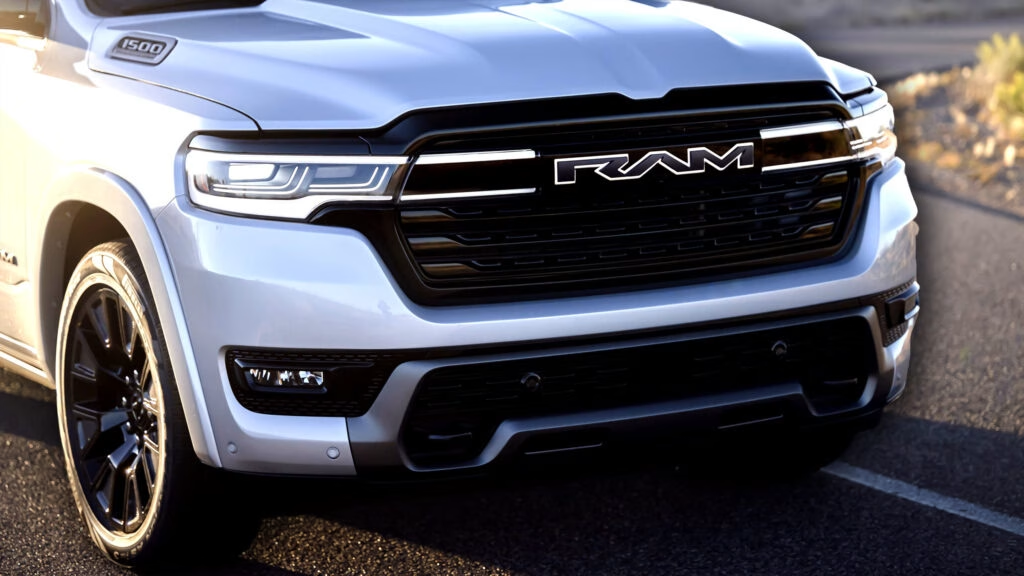Stellantis has recently announced delays for two highly anticipated electrified trucks from Ram: the all-electric 1500 REV and the hybrid Ramcharger. If you were looking forward to getting behind the wheel of these innovative vehicles, you might want to brace yourself for some disappointing news.
Why Are the Ram Trucks Delayed?
Originally, both the 1500 REV and Ramcharger were set to hit production in late 2024, but that timeline has been pushed back multiple times. Now, the 1500 REV won’t be available until the summer of 2027, and the Ramcharger has been delayed to the first quarter of 2026. So, what’s behind these setbacks?
According to Stellantis, the delays stem from two main issues: a slowdown in consumer demand for electric pickups and the need for extended quality validation. While the company has not specified the exact quality concerns, it’s clear that they want to ensure these new powertrains—especially the Ramcharger’s unique combination of an electric motor and a combustion V6—meet high standards before they hit the market.
What Does This Mean for Consumers?
For truck enthusiasts, this news is a mixed bag. On one hand, the delays are frustrating, especially for those eager to embrace electric vehicle technology in the truck segment. On the other hand, it’s reassuring to see that Stellantis is prioritizing quality over rushing to market. After all, no one wants to invest in a vehicle that hasn’t been thoroughly vetted for performance and reliability.
The market for electric trucks is still evolving, and consumer preferences are shifting rapidly. Stellantis’s decision to delay the launch of the 1500 REV in light of these factors suggests they’re taking a cautious approach. This could ultimately benefit buyers, as it allows the company to refine the product and ensure it meets the expectations of a discerning audience.
What’s Next for Ram?
Despite the setbacks, there’s still plenty of excitement brewing at Ram. The brand has committed to rolling out 25 new products over the next 18 months, with the first announcement scheduled for June 8. Among these new offerings is a smaller truck, although it remains unclear whether it will compete with midsize models like the Ford Ranger or target the smaller Maverick.
This proactive approach indicates that while the electrified trucks may be delayed, Ram is not slowing down its innovation pipeline. The introduction of new models could help maintain consumer interest and keep the brand competitive in a rapidly changing market.
A Silver Lining in the Delay
While waiting until 2027 for the 1500 REV might feel like an eternity, it’s worth noting that Stellantis has not abandoned these projects altogether. Unlike the heavy-duty electric pickup that was scrapped last year, the 1500 REV and Ramcharger are still on track for production, albeit later than expected.
In a landscape where many automakers are racing to launch electric vehicles, Stellantis’s decision to take a step back and reassess could be a strategic advantage. By ensuring that their products are up to par, they might just deliver a truck that exceeds expectations when it finally arrives.
The big takeaway? The delays in the Ram electrified trucks aren’t just about setbacks—they’re about ensuring quality and adapting to market realities. So, while the wait may be longer than anticipated, it could lead to a more refined and exciting product when it finally hits the streets. If you’re a Ram fan, hang tight; the future of electric trucks is still bright, and it’s worth the wait.

